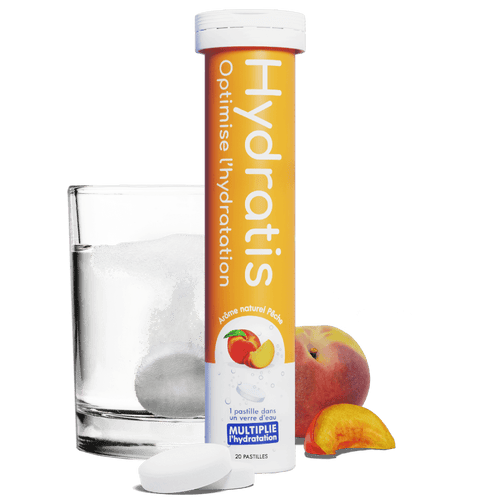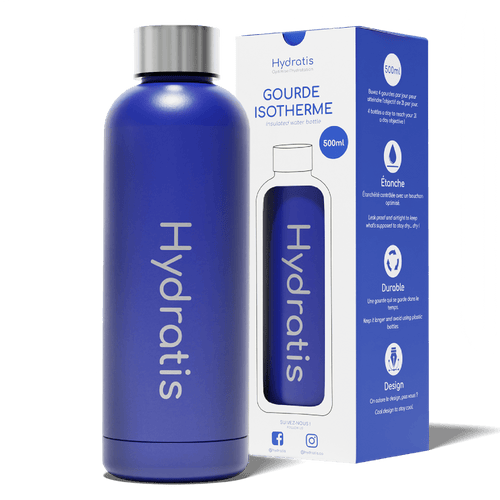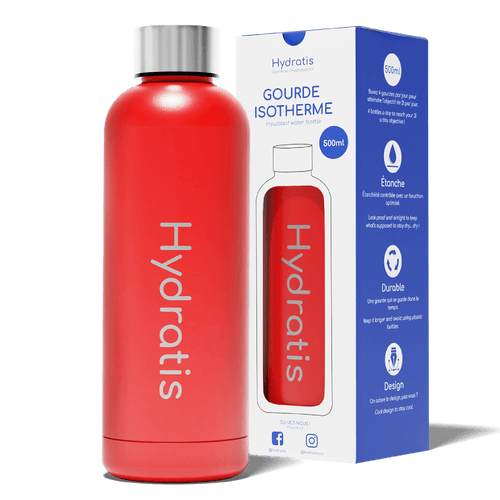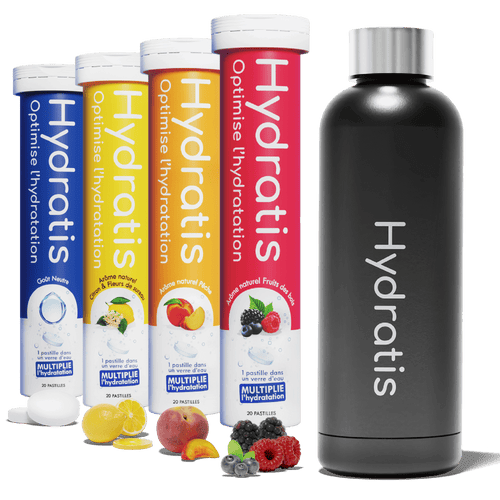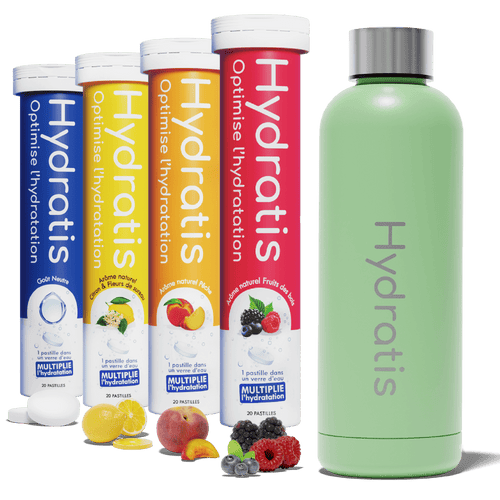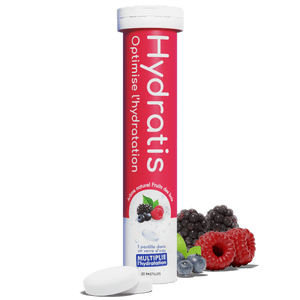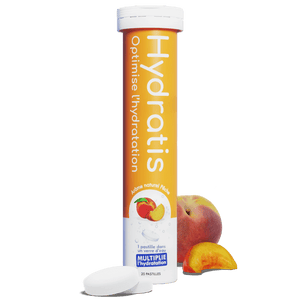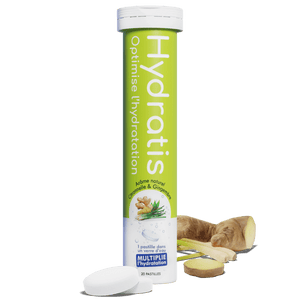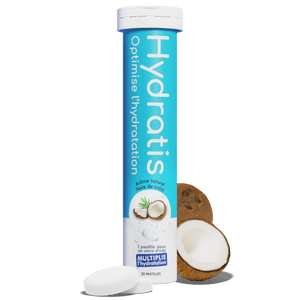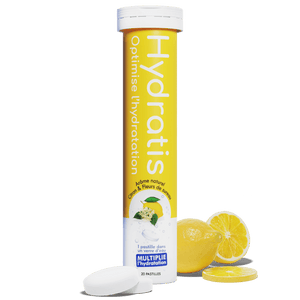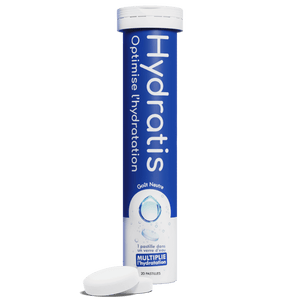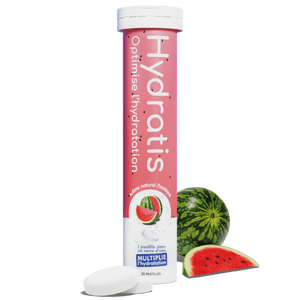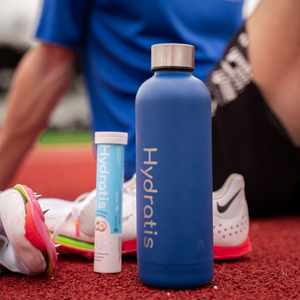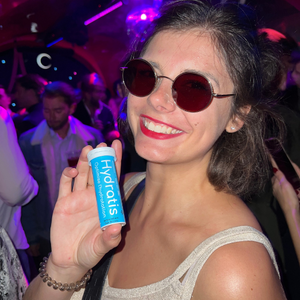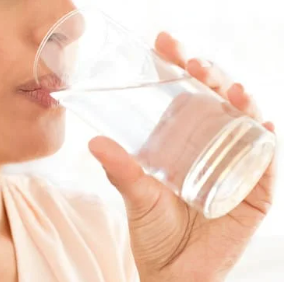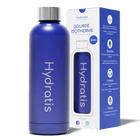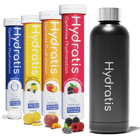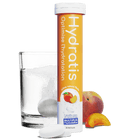
Electrolytes play a crucial role in the proper functioning of our body, regulating essential functions such as fluid balance, electrical conductivity and the proper functioning of muscles and nerves. Many drinks and supplements claim to offer electrolytes to improve health and physical performance. But is it really beneficial to drink electrolytes? In this article, we'll explore the science behind electrolytes, their benefits, and look at the importance of hydration in this context.
What are electrolytes?
Electrolytes are electrically charged minerals that dissolve in bodily fluids, such as blood, sweat, and urine. The main electrolytes found in the human body include sodium, potassium, calcium and magnesium.
Sodium
Sodium is essential for the regulation of blood pressure, fluid balance and the functioning of muscles and nerves.
Potassium
Potassium is crucial for muscle contraction, heart rate regulation and acid-base balance.
Calcium
Calcium is necessary for strong bones and teeth, muscle contraction and blood clotting.
Magnesium
Magnesium participates in more than 300 enzymatic reactions in the body, including energy production, protein synthesis and blood pressure regulation.
Why are electrolytes important?
Electrolytes play an essential role in maintaining body homeostasis. Their balance is crucial for many physiological functions, including:
Muscle function
Muscles need electrolytes , including calcium and potassium , to contract properly. An electrolyte imbalance can lead to muscle cramps and weakness.
During intense physical exertion
Intense exercise causes a loss of sodium, potassium, and other electrolytes through sweat . Supplementation may be helpful to prevent cramping and dehydration.
In extreme climatic conditions
Hot, humid environments can cause significant sweating, increasing the need to compensate for electrolyte loss.
In case of medical conditions
Certain medical conditions, such as high blood pressure, kidney disease, or hormonal imbalances, may require closer monitoring and regulation of electrolytes.
Maintaining fluid balance
Electrolytes help regulate the amount of water in the body, which is essential for maintaining hydration and cellular function. Water is the primary vehicle for electrolytes in our body. It plays a central role in maintaining electrolyte balance.
The amount of water you should drink depends on various factors, including your age, weight, activity level and environmental conditions.
The consequences of an electrolyte imbalance
An electrolyte imbalance can manifest itself through various signs and symptoms, indicating a dysfunction in the levels of essential electrolytes such as sodium, potassium, calcium and magnesium in the body.
Common signs of an electrolyte imbalance include:
-
frequent muscle cramps,
-
excessive fatigue, muscle weakness,
-
heart irregularities,
-
dizziness,
-
nausea and vomiting,
-
muscle spasms and even seizures in severe cases.
An electrolyte imbalance can result from excessive sweating due to strenuous exercise or hot weather conditions , poor diet, gastrointestinal disorders, certain medications, or underlying illnesses such as diabetes or kidney diseases. It is essential to recognize these signs and consult a healthcare professional if an electrolyte imbalance is suspected, as appropriate treatment may be necessary to restore electrolyte balance and prevent any serious complications.
Hydration before, during and after exercise with Hydratis
When exercising, adequate hydration is essential. Find out how to properly manage your hydration during your physical activity sessions with Hydratis.
Before exercise
Prepare for exercise by drinking enough water to maintain optimal electrolyte balance from the start.
During exercise
During exercise, adjust your water consumption to compensate for water and electrolyte losses linked to sweating.
After exercise
After you finish your exercise session, continue to hydrate to promote recovery and maintain a healthy electrolyte balance.

Consuming electrolytes may be beneficial in certain situations, including during strenuous exercise or specific medical conditions. However, maintaining adequate hydration is essential to ensure electrolytes are functioning properly.
Above all, remember to hydrate yourself!
